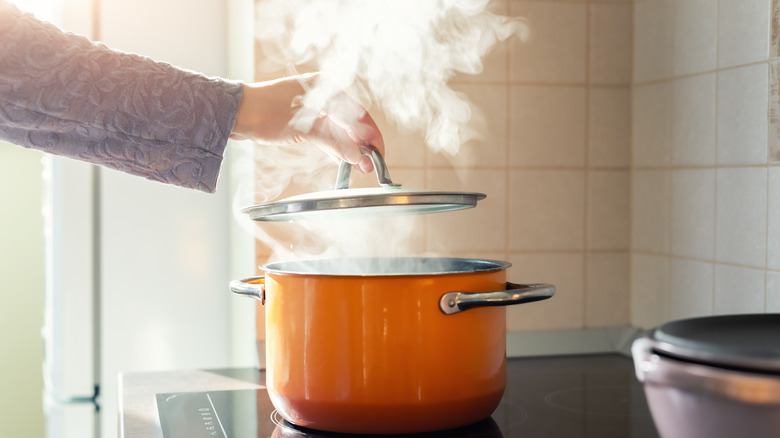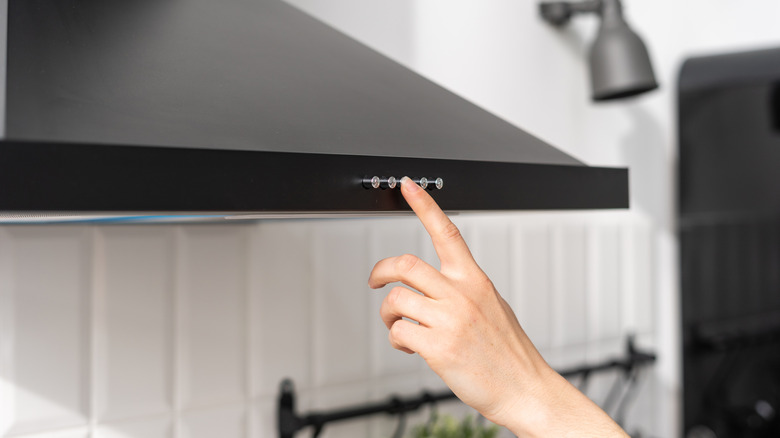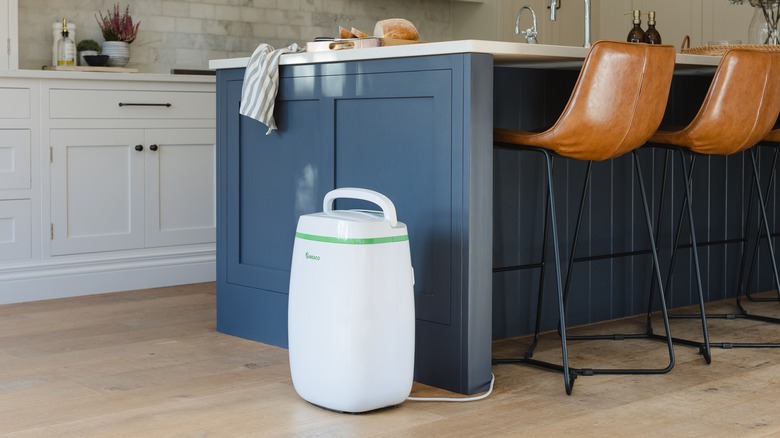If These Things Are Happening In Your Kitchen, It May Have Poor Ventilation
Do you hate spending time in your kitchen lately because it's smelly, damp, and uncomfortable? If your kitchen isn't ventilated well, you could start noticing foul odors that seem to linger longer than they should or excessive buildup of condensation, smoke, grease, and humidity. Taking steps to improve airflow and ensure your kitchen is getting fresh air will help eliminate these issues and allow you to start breathing more easily in this part of your home.
The importance of ventilating your kitchen cannot be overstated. Without good airflow, odors will linger, humidity will rise, and air quality will suffer. High humidity can lead to mold and mildew problems, potentially affecting your health and that of your family. Mold buildup in the kitchen can cause some people to experience allergy symptoms, upper respiratory problems, and other health issues, so it's crucial to take steps to improve ventilation if you notice any of these signs.
Adding a range hood to your kitchen
There are many ways to improve ventilation, but one of the most effective steps is to install a kitchen exhaust fan, otherwise known as a range hood. The range hood works to remove pollutants from the stove, circulate the air, and improve ventilation in your kitchen. Just be sure to choose the right range hood for your home. It's best to vent these to the outside of your home to get the best results. Turn on the exhaust fan when you're cooking to remove pollutants and improve air quality. Also, keep the vent clean so that it keeps working efficiently.
You should also consider using the back burners on your stove as much as possible. The range hood will do a better job of removing polluted and contaminated air in the back and directly under the fan than air that is coming from the front burners. In addition to installing a range hood, adding other fans to the kitchen can also positively impact ventilation, bringing fresh air into the room.
Other ways to improve kitchen ventilation
Opening windows and doors, especially when you're cooking, can also be a good idea and will help ensure polluted air can leave your kitchen easily. In addition to this, consider adding an air purifier. Air purifiers with HEPA filters actually work and are worth using. According to the U.S. Environmental Protection Agency, a HEPA air filter can remove as much as 99.97% of pollutants from the air.
Taking other steps to improve ventilation, such as using a dehumidifier in the kitchen, is also worthwhile. Running a dehumidifier will reduce moisture in the air and prevent high humidity. This will help to combat the issues associated with poor air ventilation and improve air quality. It can also help prevent mold and damage. However, you'll want to choose the right size dehumidifier for your space to do the best job of improving the problems that come with subpar ventilation and poor air quality in your kitchen.


